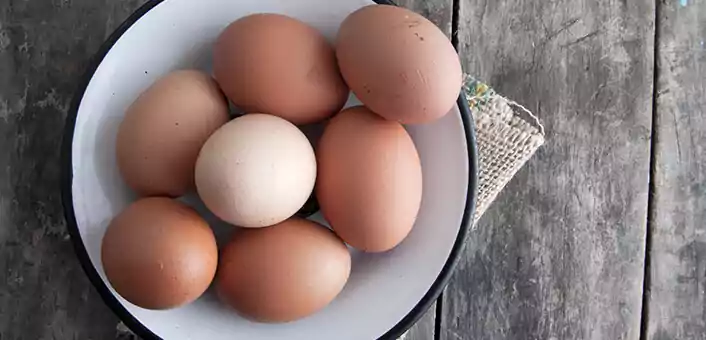PCOS test is based on the Rotterdam criteria for diagnosing PCOS.

Living Well
Did you know that we all need inositol (sometimes called as Vitamin B8) in small quantities daily? Among other things, inositol is known to help fight diabetes and PCOS. Let’s find out the list of foods that are high in inositol.
Inositol is not officially recognized as a vitamin, because it is synthesized from glucose by the bacteria within our intestines. While inositol is synthesized in the body, human beings do need external sources of inositol. The most common forms of inositol are myo-inositol and d-chiro inositol. Studies indicate the largest amount of myo-inositol is found in fresh fruits and vegetables (as opposed to frozen or canned foodstuffs).
Research has indicated that regular intake of inositol helps in the prevention and treatment of certain complications linked with diabetes. Studies also have proven that inositol, when taken in the first trimester of pregnancy, seems to lower the risk of gestational diabetes in obese pregnant women. Inositol also lowers the risk of PCOS. Other benefits of inositol include protection against colon cancer, effectiveness for weight loss, and relief from symptoms of stress and depression.
Clements RS Jr, Reynertson R. Myoinositol metabolism in diabetes mellitus. Effect of insulin treatment. Diabetes. 1977 Mar;26(3):215-21. PubMed PMID: 838172.
DʼAnna R, Di Benedetto A, Scilipoti A, Santamaria A, Interdonato ML, Petrella E, Neri I, Pintaudi B, Corrado F, Facchinetti F. Myo-inositol Supplementation for Prevention of Gestational Diabetes in Obese Pregnant Women: A Randomized Controlled Trial. Obstet Gynecol. 2015 Aug;126(2):310-5. doi: 10.1097/AOG.0000000000000958. PubMed PMID: 26241420.
Garg, D., & Tal, R. (2016). Inositol Treatment and ART Outcomes in Women with PCOS. International Journal of Endocrinology, 2016, 1979654. https://doi.org/10.1155/2016/1979654
Clements RS Jr, Darnell B. Myo-inositol content of common foods: development of a high-myo-inositol diet. Am J Clin Nutr. 1980 Sep;33(9):1954-67. PubMed PMID: 7416064.